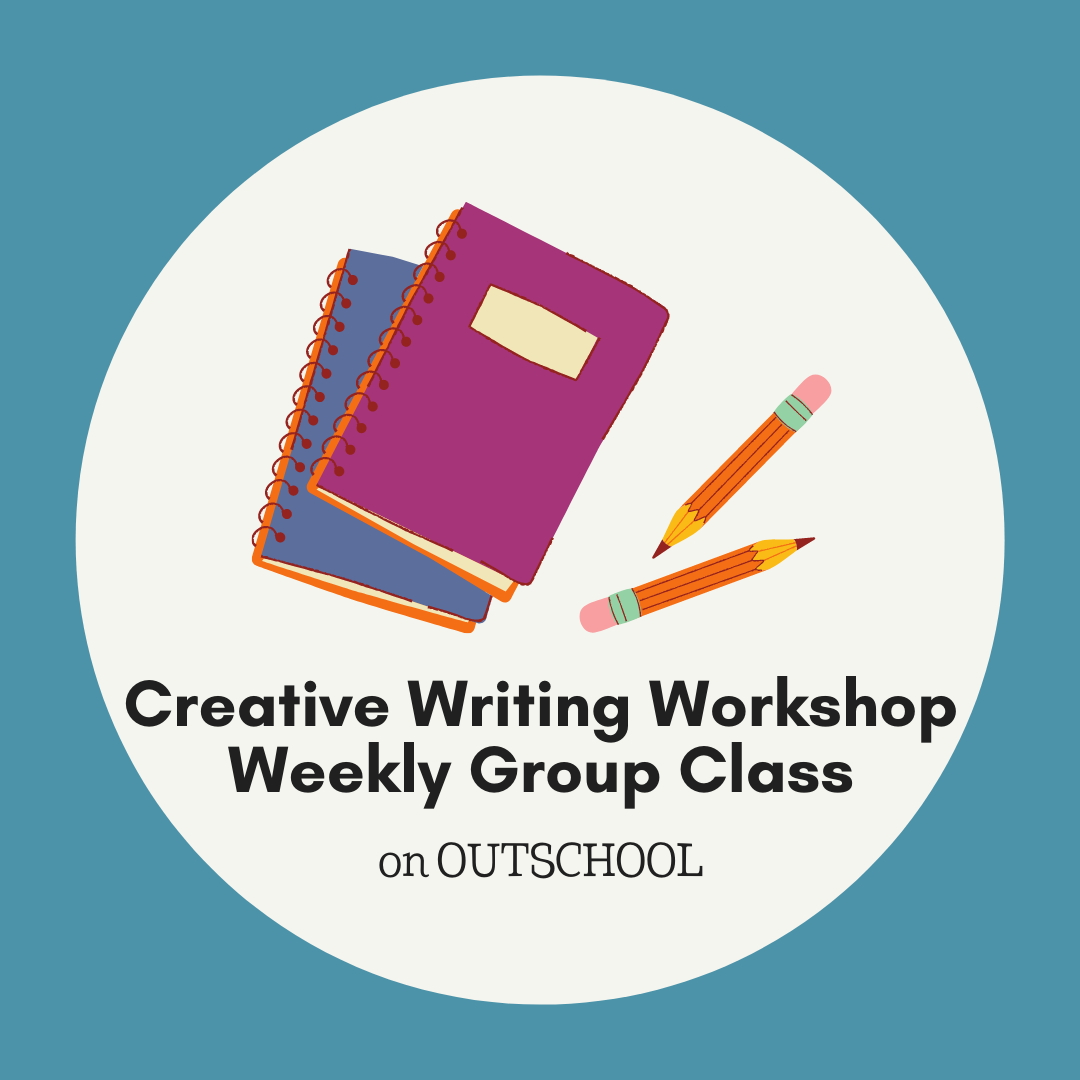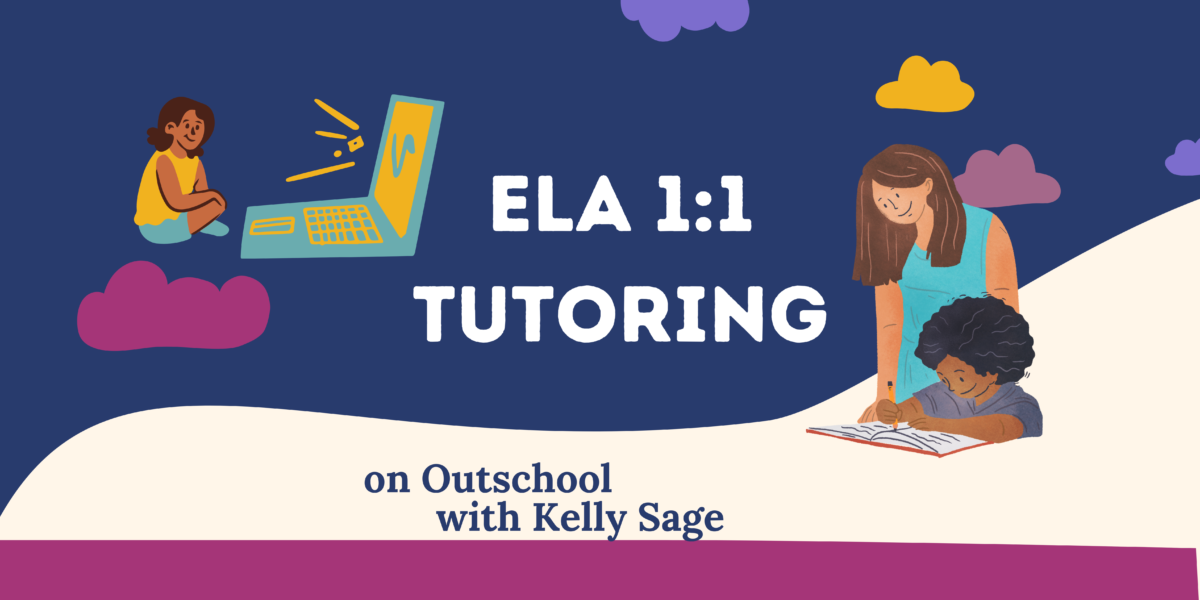Disclosure- Links in this post may be affiliate links. If you click through and make a purchase, I earn a commission at no additional cost to you. Unless noted, if I am reviewing a product, I have been compensated for my time. I write honest reviews. They are not required to be positive. I only recommend the resources we love and use.

“On the first day of my junior year, Mr. Wendell called the roll and once he got to my name he widened his eyes and put on a mock expression of exaggerated confusion. “Ching chong?” he asked with swaggering theatricality.” (Family in Six Tones)
My daughter is learning all about the Eastern Hemisphere this year. So far we’ve read several books about children in China, one about an American ex-pat, and another about Taiwanese American families. We’ve studied North and South Korea, and are now learning about Japan. The unit and books are fascinating. I did not learn a lot about these countries or cultures growing up, so homeschooling is once again proving to be as much of a learning experience for me as it is for my daughter. One of the many gifts of homeschooling is the opportunity to be a lifelong student so when I was approached to review a new book, Family in Six Tones, by Lan Cao and her daughter Harlan Margaret Van Cao, the timing couldn’t have been more perfect. Told in alternating voices, Lan and her daughter share their experiences growing up in America as a refugee and as a child born in America to a Vietnamese mother. Poignant, humorous, and heartbreaking, a Family in Six Tones, offers the reader a unique glimpse into a mother-daughter relationship many families in America share.
in 1975, Lan was forced to leave Vietnam. She was thirteen, did not know English, and was told America would provide a better life. She soon finds out the hardship associated with this move. Along with needing to assimilate into a new way of life, racism is rampant.
Harlan, born in America, is connected to a Vietnamese community but feels disconnected to her heritage and the past, which challenges her relationship with her mother, “I resent my mother for the way she shows love. I’ve always felt that her unwillingness to let go of the war has prevented her from showing love in the way I need.” (60).
Themes of identity, motherhood, and adolescence weave together with information about Vietnam, racism, and immigration, as Lan and Harlan reveal the inner-workings of their relationship, their experiences as Vietnamese Americans, and the challenges of raising a child, no matter where or who we are.
Named on Good Morning American as a book to add to your reading list and featured on Zibby Owens podcast, Mom’s Don’t Have Time to Read Books, Lan and Harlan’s memoir is a book you’ll want to curl up with and share with a friend. You’ll be captivated by their story, and you’ll probably learn a thing or two, which is always a good thing. Learning is how we grow, connect, and take care of one another.























